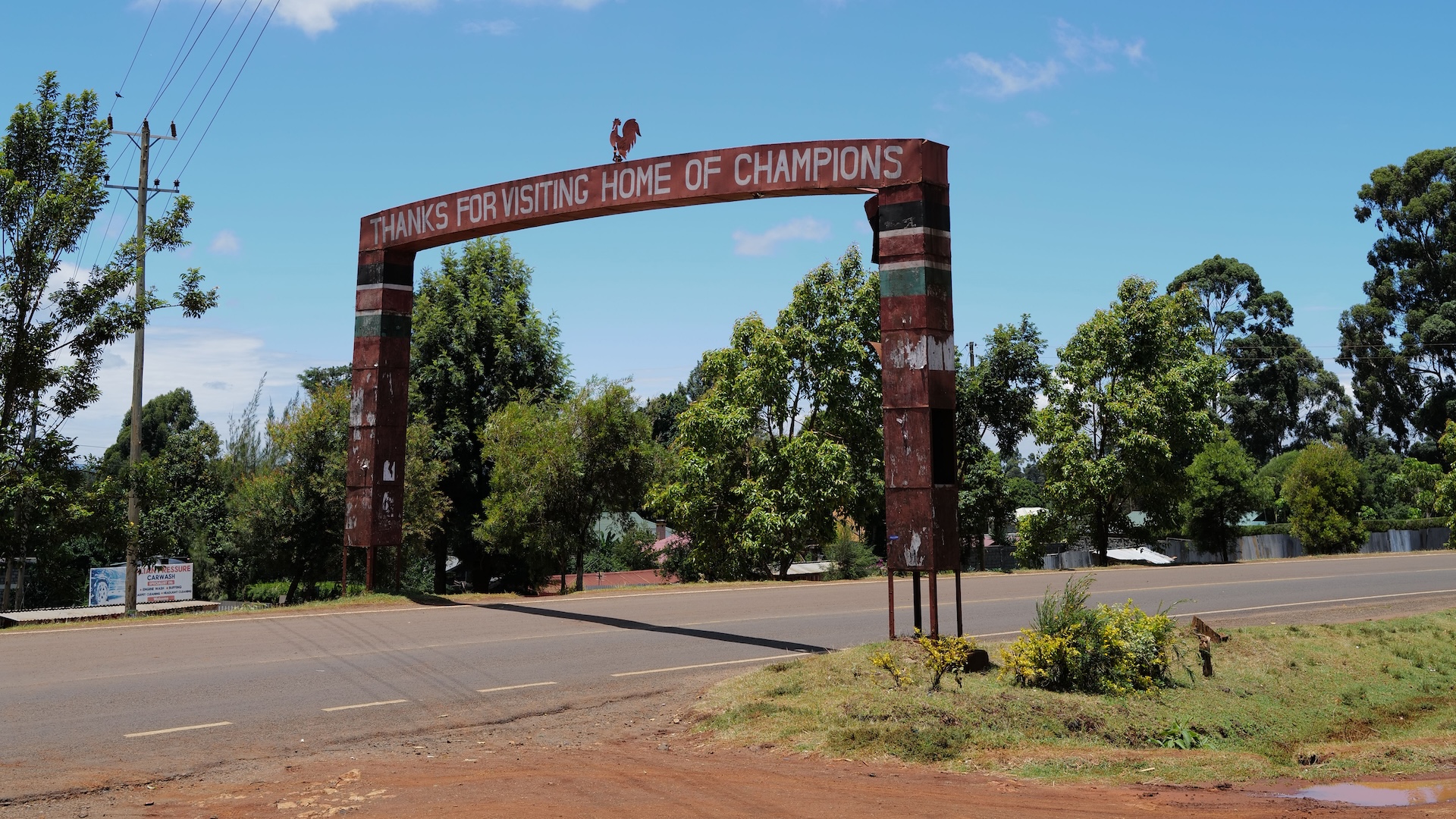26 Kenyan Runners Receive Doping Suspensions This Week

The Anti-Doping Agency of Kenya (ADAK) has provisionally suspended 26 runners for violating anti-doping rules, while Rhonex Kipruto, the 10km world record holder, has had a suspension turned into an official six year ban, all in a week of unprecedented action against cheating in Kenyan running.
Among the 26 runners to be suspended is Joshua Belet, winner of the 2023 Amsterdam Marathon in 2:04:18. His suspension comes from the presence of multiple substances, including steroids and testosterone.
Kipruto received a provisional suspension in May 2023 because of irregularities found in his Athlete Biological Passport (find out all about that below). Upon his appeal, a tribunal held by the Athletics Integrity Unit (AIU) decided that the results of his tests are “likely to be due to blood manipulation” from EPO. He has officially been banned from competition until 10 May 2029.
Kipruto, who set his 10km road world record of 26:24 in Valencia in 2020, and then later that year ran a 57:49 half marathon which at that time was the third-fastest in history, will have all his results from September 2018 onwards disqualified, and will lose his 10,000m bronze from the 2019 World Championships.
This news follows the suspensions or bans of numerous other Kenyan runners in 2024.
Former Tokyo Marathon winner Sarah Chepchirchir, who had already served a four-year doping ban because of abnormalities in her Athlete Blood Passport, was caught for a second doping offence and received an eight-year ban.
Rodgers Kwemoi, who won 10,000m bronze in the 2018 Commonwealth Games, was banned for six years because of numerous incidences of blood doping, and all his results have been disqualified.
Josephine Chepkoech, who finished second in the 2024 Seville marathon in a time of 2:22:38, has received a seven-year ban for the use of testosterone. She had already served a two-year ban from 2015 for doping.
Reuben Kiprop Kipyego, winner of the 2021 Milan Marathon in 2:03:55, has been provisionally suspended for ‘whereabouts failures’.
While arrests have also been made in pharmacies in Kenya where banned substances have been found, and pharmacists have been accused of administering them to athletes.

All of this comes as the government-funded ADAK has strengthened its drug testing of athletes with a pledged investment of 650 million Kenyan Shillings annually (around GBP£4m/USD$5m), all with the aim of creating a cleaner, fairer competition.
Doping – cheating – isn’t something new. It’s been happening for decades, and much more has gone undetected than has been punished. The complexities of doping and testing, combined with the large prize money offered by the big marathons, means there could be incentives for dishonest runners to cheat.
But integrity units and national anti-doping agencies are increasing their checks and outing cheats, which becomes a significant deterrent. Overall it should help to make the road or track a even surface for everyone to run on, where the best are fairly crowned as champions based on the work they do, not the shortcuts they take.
What Is The Athlete Biological Passport?
According to World Anti Doping Agency (WADA): “The fundamental principle of the Athlete Biological Passport (ABP) is to monitor selected biological variables over time that indirectly reveal the effects of doping, rather than attempting to detect the doping substance or method itself.” It’s part of a robust anti-doping programme which seeks to “protect the clean athlete and the integrity of sport.”
This goes beyond the tests looking for specific drugs, and measures biological changes in an athlete, and the Athletics Integrity Unit describes the ABP as monitoring: “a series of biological parameters through a dedicated software programme to pick up on indications of doping.”
Athletes cannot ‘fail’ their ABP, instead it creates individual reference ranges for each athlete, where “fluctuations may indicate doping/use of prohibited methods.” Any atypical profiles are referred to an expert panel who decide on whether or not it is indicative of doping, which then lead to suspensions and later, after further investigations, possible bans.



























Running News
Ingebrigtsen Stars at World Athletics Indoor Championships 2025 – Plus All The Winners!
Sam Ruthe Is First 15-Year-Old To Run A Four-Minute Mile!
Eliud Kipchoge Will Run The 2025 Sydney Marathon!